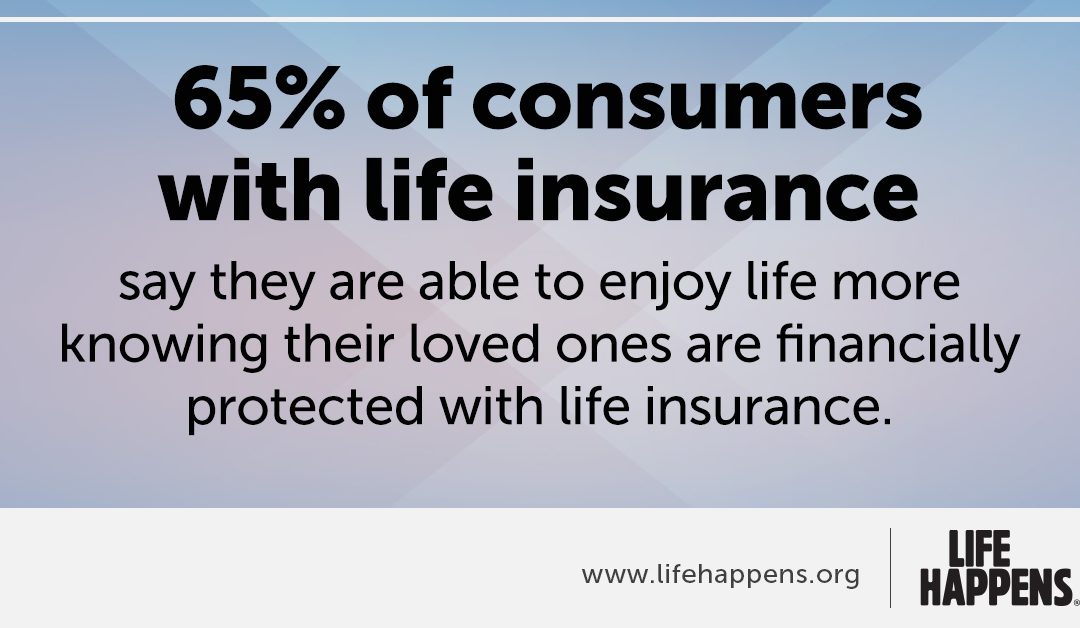
Looking for a Guaranteed Income Stream for Life? Think Annuities
Are you headed toward retirement or even in retirement and concerned about outliving your savings? Perhaps an income annuity will fit your needs. An annuity is a financial instrument that can offer a guaranteed lifetime income that you can’t outlive.
I’ve spent many years helping my clients with annuities as part of their broader financial plan. So here’s a very high-level understanding of some options.
Fixed income annuities are offered with a number of payment options, allowing you to structure payouts according to your financial goals and objectives. Consider these four income streams:
Joint life: This option provides income for two people, as long as either person is alive. When one person passes away, payments continue to the survivor.
Period certain only: This allows you to target how long you need an income stream. If you were to pass away before the end of the certain period, the remaining payments would continue to the person you designate as your beneficiary, meaning the person you want to receive the money.
Life with a period certain: In this scenario, the annuity pays out income for your lifetime. If you were to pass away prior to the end of the certain period elected, your beneficiary receives the remaining payments.
Life only: This is the least-commonly selected payout. When you die, payments cease—no matter what. This can be risky, but the upside is this option provides the highest payouts.
My mother-in-law, now deceased, used a joint life immediate annuity to generate a lifetime income, using the proceeds from the sale of her home. Now my wife, as her beneficiary, is receiving an income stream for the balance of her life from this same annuity policy.
A guaranteed lifetime income, one you cannot outlive, provides peace of mind. Should this be part of your financial plan? Ask your agent or advisor to see if it fits your needs.




